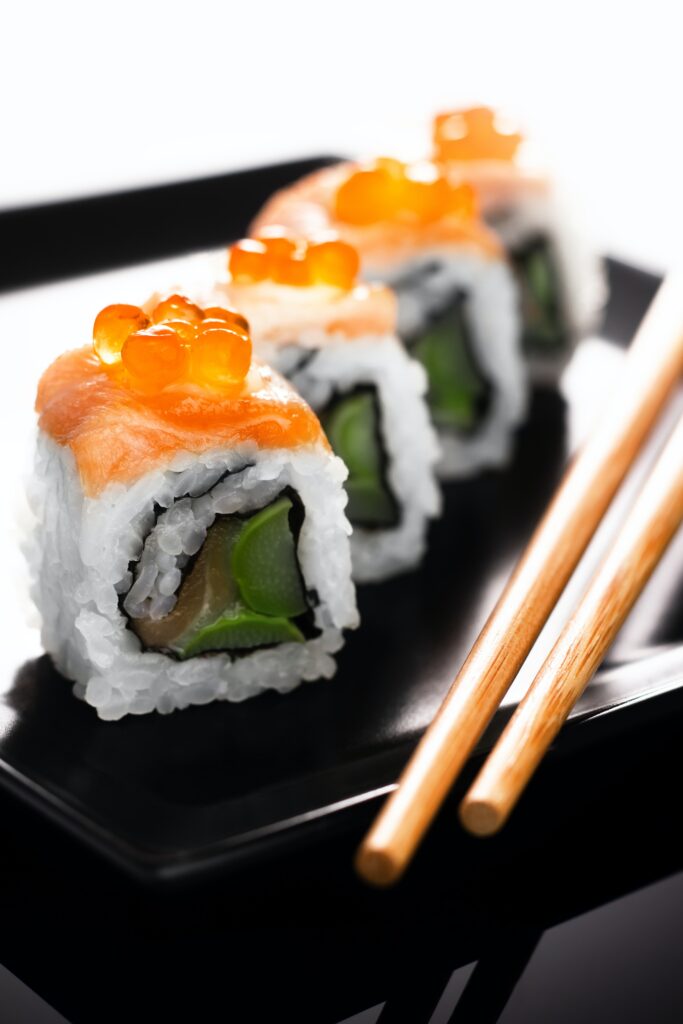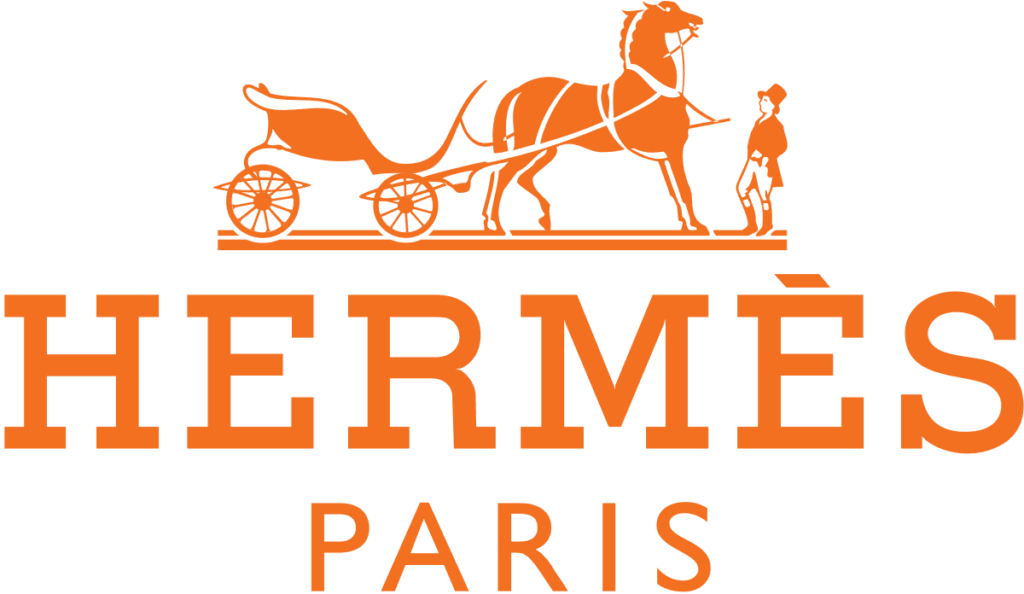MDH – The Unlikely Model

For many decades, homemakers have often ground spices by hand. MDH developed the idea of pre-ground spices to alleviate this burden on homemakers.
In 1923, Mahashay Dharampal Gulati was born in Sialkot (now in Pakistan). His father, Mahashay Chunni Lal Gulati, opened a store in 1919 named “Mahashian Di Hatti” (which means “respected man’s shop”) to sell ground spices.
Dharampal lived in Pakistan for 25 years. He had stopped attending classes in class 5 since he did not find schoolwork exciting. He dabbled with the sales of mirrors, soap, and other household items, as well as the arts and crafts of woodwork, painting, and needlework, but was ultimately unsuccessful. In the beginning, he made Rs 20 every day by selling Mahendi.
However, none of these attempts was successful. As a result, he had to help his father with the spice business. As the business grew, Deggi Mirch Wale became a well-known brand.
Their lives were drastically altered by the partition in 1947. The family’s migration to India required the family to uproot their lives. Dharampal eventually made it to an Amritsar refugee camp, and he and his brother quickly headed to Delhi on their meagre Rs. 1,500. When they finally arrived in Delhi, they rented a place that lacked basic amenities like running water, a kitchen, and a bathroom.
Dharampal invested Rs 650 in a tonga, a two-wheeled carriage pulled by a horse, and started transporting passengers. From New Delhi’s railway station to Qutab Road and Karol Bagh, as well as to Bara Hindu Rao, he would ask for two annas. A short time later, he gave up the tonga since it was not profitable enough to cover the family’s needs.

After that failed, Dharampal opened a shop selling jaggery at first on Delhi’s Ajmal Khan road. To start an outlet for Indian spices, in early 1948, he bought a plot/shop of 14X9 ft on Khajoor road, Krishna Gali, Karol Bagh. Meanwhile, he had established a clientele on Ajmal Khan Road, where he dealt in Indian spices, pulses, oil, soap, and sugar.
Dharampal was an early adopter of the practice of pre-packaging processed spices for direct delivery to customers’ homes. He differentiated his product from the competition via clever branding and packaging. He had a head start over others.
In 1949, he began selling turmeric in jars labelled as “Paal di Haldi,” with garam masala following suit. The legendary Degi Mirch of Sialkot soon followed. Purchasing pre-prepared masalas became more popular.
MDH became well-known as the “Sialkot’s Spicemakers.” As demand increased, he opened a second shop in 1953.
Dharampal did everything in his little wooden shop: grinding, packaging, and shipping. Because of the time-consuming and tedious procedure, the business considered switching to mechanically ground spices instead.
Manufacturing
He made his first land investment in 1959 at Kirti Nagar, Delhi, intending to establish a plant to manufacture ground spices.
Dharampal’s success came from his innovative approach to packing ground spices, his ability to expand his firm, and his dependable supply chain. After Everest Spices, MDH is now India’s second-largest spice manufacturer and trader.
Advertising
The catchy song used to play during commercials for MDH is typically the first thing that comes to mind when people hear the brand name. It is because of this marketing approach that MDH is now recognised all over the world.
Dharampal used newspaper ads to go outside the national capital. A first full-page ad was placed in the Pratap newspaper. The catchy brand name “Mahashay Di Hatti of Sialkot Degi Mirch Waale” first appeared. As a result, the Mahashay family began sending out 125 and 250-gramme packets of spices nationwide on an order-by-order basis.
Dharampal’s appearance in MDH’s television commercials—in which he blesses newlyweds and children or dances—made them an instant hit with viewers. He became known as “Dadaji” among MDH customers and was considered one of India’s most famous spokespersons.
The actor portraying the father of the bride in an MDH ad once didn’t show up for work. Dharampal took up the role and got things done. Since then, he has been a constant fixture in all MDH advertisements.
And the white-suited and red-turbaned Dharampal adored the adulation.
“Main aur koi nasha nahi karta. Mujhe Pyaar ka Nasha hai,” he had told, on being the world’s oldest ad star. ‘I am not addicted to anything else but love.’
The “Asli masale sach sach, MDH, MDH” commercial jingle for MDH masala is one of those catchy tunes that stays in your brain long after you’ve heard it. The commercials effectively convey the brand’s essence: the natural goodness of the spices.
His rise from humble beginnings to enormous success is the stuff of myth and folklore. MDH, as an abbreviation for “Mahashian Di Hatti,” introduced pre-measured, pre-ground spices to the masses.
On December 3, 2020, at the age of 97, Dharampal passed away.


